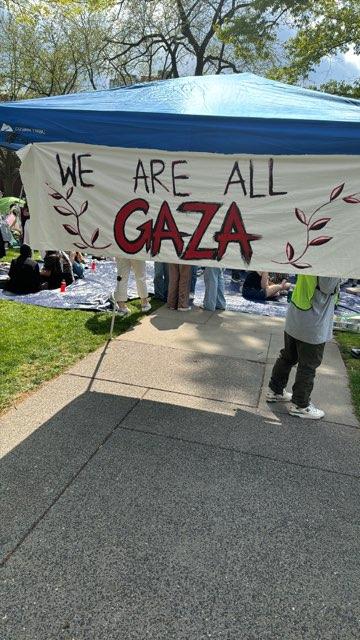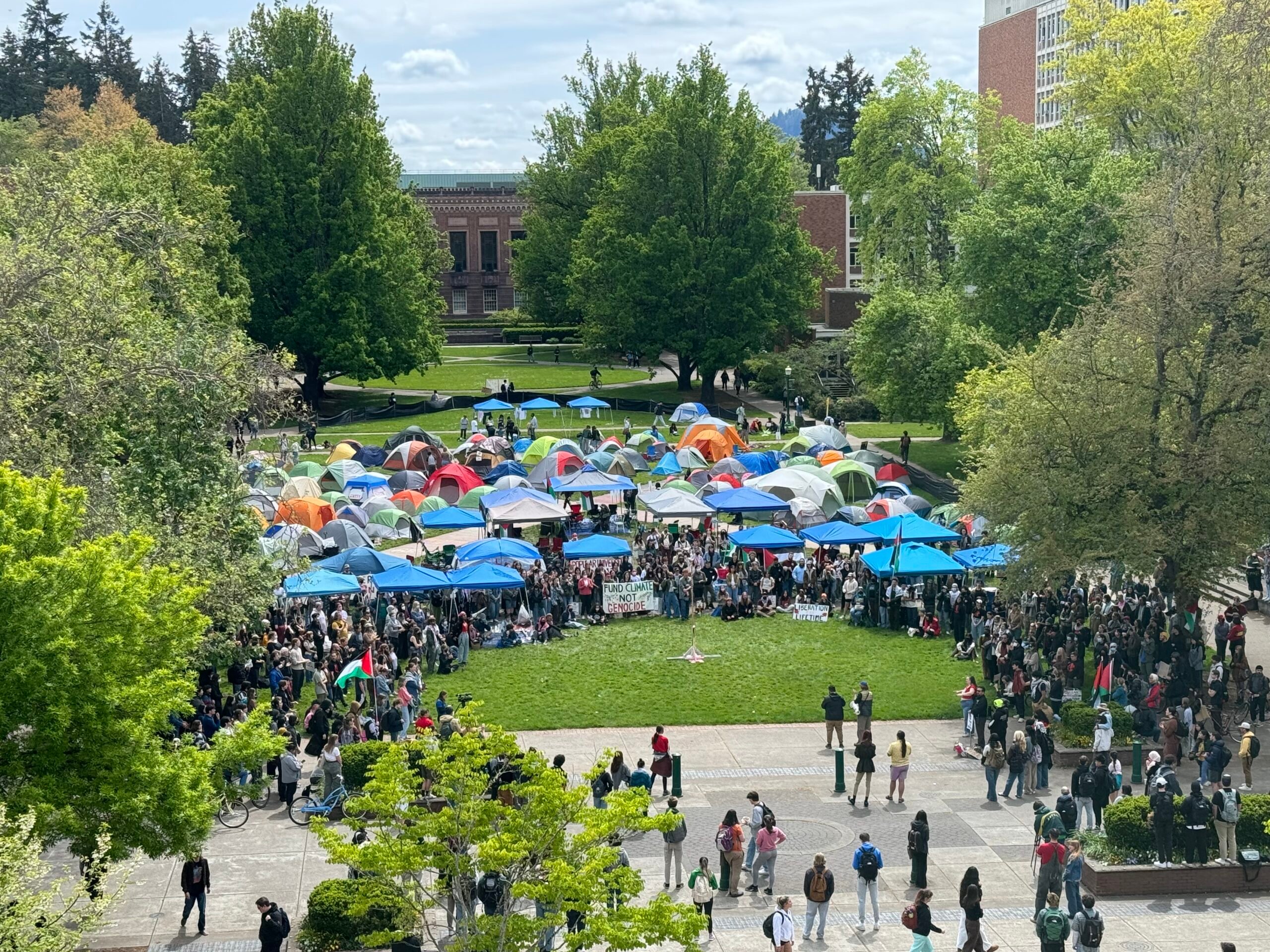It has been painful to see the number of emails going out daily from the various shuls in town, sometimes twice daily, with the announcement of yet another Jewish neshama going to the Olam HaEmes. Those are followed by the heartbreaking stories of children unable to attend funerals of their parents due to social distancing, severely abridged funerals due to COVID-19 concerns, siblings sitting shiva by themselves, and then the less-than-satisfying and awkward Zoom shiva.
I pen this article as my wife, unfortunately, experienced these situations and is finishing sitting shiva alone, unable to see a soul besides her immediate (and fantastic) husband and kids, but rather relying on email, texting, phone calls and, of course, Zoom, to comfort her. My objective is to provide a few tips about this unfortunate new way of being menachem avel, to make it a bit easier for those who, rachmana litzlan, might be in a similar situation in the coming weeks.
1. Zoom is not for everyone. Some aveilim are natural to this channel, others get used to it after a few times, while others want nothing to do with it. Using Zoom is definitely more efficient than taking individual phone calls from your 200 closest friends, but other aveilim prefer one-on-one interactions like phone calls, emails and texting. To some it could feel intimidating to be on camera for multiple hours a day, seeing yourself on the screen (while not being able to look at all your mirrors, which are covered). If Zoom is not working for you, don’t be reluctant to adjust/reduce/eliminate your remaining Zoom sessions. Would highly recommend asking other aveilim about their experiences with Zoom, as they will be happy to share them and provide some pointers. (Alternatively, ask your kids, as they have been using it for school for the past few weeks.)
2. Update from the free version. This will provide you with unlimited time, as the free version only allows you 40 minutes. Don’t forget to cancel it after your shiva is over.
3. Don’t “over- Zoom.” Being “on” for two hours straight is a lengthy amount of time. Previous aveilim have related to us that shorter Zoom slots would have been better. Sixty or 90 minutes seem to be the sweet spots (and they will probably go over a bit anyway). More outgoing folks could do longer slots; others should stick to shorter ones.
4. Don’t “over-Zoom” (2). Don’t only think about the length of each Zoom, but how many Zooms per day. Three two-hour slots is a really long time.
5. Utilize the “Waiting Room” feature. This is a great tool to manage how many people you want to speak to at a time. Once you have more than nine visitors, viewing and having conversations with them become harder. Six or less is probably ideal, but each person has a different level of comfort.
6. Prepare beforehand (if needed). Some will find it useful to keep a short list of anecdotes, family history, memories or other items to discuss, especially during the first few Zooms.
7. Larger is better. Don’t Zoom from your phone; a laptop is more ideal. Even better, for the techies out there, hook up your laptop to a computer monitor or TV so you could see your visitors even clearer. (Remember to look at the camera, not the images on the screen.)
8. Call into your own Zoom. Instead of using the microphone on your laptop or tablet, you will be heard better if you actually call into your Zoom via a phone and place it on your lap, rather than have your voice stretch to the laptop. Alternatively, try using headphones.
9. Acknowledge your visitors: No need to interrupt a conversation, but at a logical junction, thank them for joining. This way they are more apt to be engaged in the conversation and you get a slight break from “monologuing.”
10. Take a break. Feel free to pause from “monologuing” (or take a sip of water) to allow others to ask a question or make a comment. This is also a good time to state that others are free to leave if they like and open up that opportunity for them. Some visitors stay long, others much shorter. This also assists with people who might be waiting to get in.
Hope this helps. May we be zoche to see this mageifa finish quickly.
Uri is writing this article in memory of his beloved father-in-law, Chaim Gershon ben Shlomo, who was niftar on Shevii Shel Pesach. Special thanks to the Book family and a few other aveilim who have assisted him with the research and tips for this article. The author can be reached at [email protected] with any questions.











